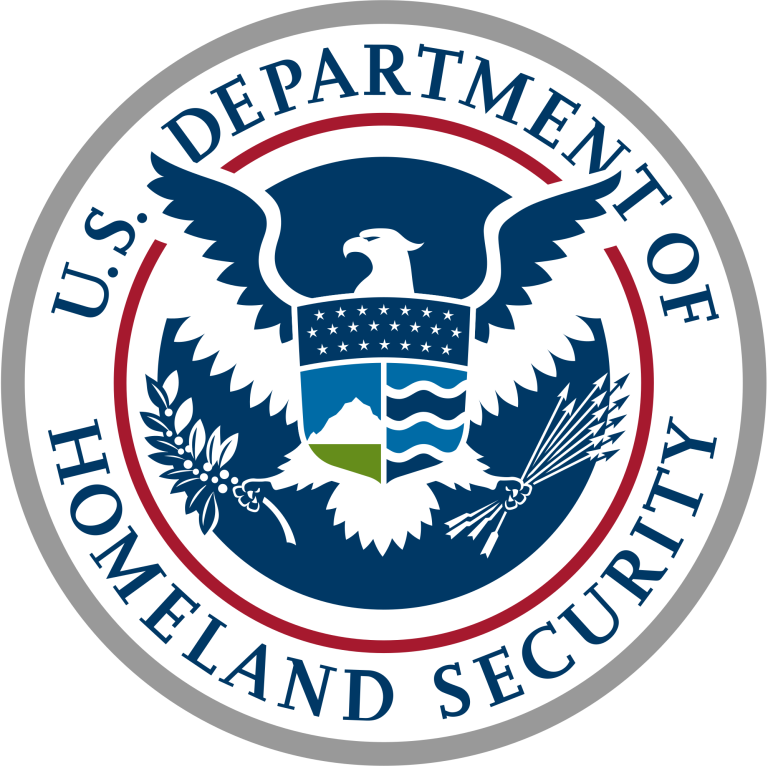At a recent meeting with Department of Homeland Security’s Immigration and Customs Enforcement (ICE) in connection with a client’s I-9 audit, SGG attorneys asked the agent why there seemed to be a rash of audits targeting smaller employers. The agent’s response to us was that ICE wants employers to know any employer can be audited – large, small, and in any industry.
At the same time, we are seeing a surge in the number of I-9 audits, which comes as no surprise given the enforcement-oriented emphasis of the current administration. Our anecdotal experience is corroborated by ICE’s recent announcement that from July 16 to 20, 2018, during the second part of a two-phase nation-wide operation, ICE’s Homeland Security Investigations (HSI) served 2,738 Notices of Inspection (NOIs) and made 32 arrests. During the first phase of the operation, January 29th to March 30th, HSI served 2,540 NOIs and made 61 arrests. This brings the total to 5,278 I-9 audits – a significant overall increase.
As background, ICE’s Homeland Security Investigations unit (HSI) opened 3,510 worksite investigations and conducted 2,282 employer audits between October 1, 2017 (the beginning of the fiscal year) and May 4, 2018 – a nearly 60% increase from 2016/2017 when the agency only conducted 1,360 investigations during the entire fiscal year.
With frequent news footage of at times frightening immigration raids and arrests on our television screens, the appearance of special agents from ICE at the workplace can be a disturbing experience for an employee expecting an ordinary day at the office. That was the case for our client – a small escrow services firm that received an I-9 audit notice (NOI) last month. The president of the company was out of town and the employee in charge found herself talking to a special agent from ICE, who suggested that she should provide the company’s I-9 forms for inspection right then and there. The company only has 12 employees, and did not consider itself at any risk of having an I-9 audit like much larger companies in more labor-intensive industries such as construction, restaurants, etc.
The company hired SGG and we quickly negotiated with the government for additional time to respond to the Notice of Inspection, and we also arranged to have ICE and HSI conduct their inspection at our office rather than our client’s place of business.
Our client was flummoxed as to why his company had been selected for an audit, because theirs is a highly regulated industry requiring background checks using biometrics, and as far as he was concerned they had all the I-9s in order. He wondered out loud whether he even needed a lawyer.
It is our experience that the vast majority of employers – probably 90% or more – think their I-9s are in order, when they are in fact full of violations that could draw fines. As they say, “ignorance is bliss” and “you don’t know what you don’t know.” It turned out our client had violations in 100% of their I-9 forms, as the company was still using the version of Form I-9 from 1987. There were plenty of other violations as well due to missing information. Even so, one might be of a mind to think I-9 violations are just a cost of business I’m going to assume. But if you do receive a visit from ICE, your employees might be grateful to receive some guidance in advance, so as to feel capable of handling the interaction with confidence.
SGG has more certified specialists in U.S. immigration law than any other law firm, and deep experience in representing employers in ICE I-9 audits and advising on compliance issues. We advise on I-9 and other immigration compliance issues, as well as provide efficient and professional training in immigration-related practices and policies. We invite you to contact us, and consider sending us a sampling of 5 or so I-9 forms. Based on our review, we’ll tell you if we see any violations and may recommend an internal self-audit and/or HR training to avoid future violations.

